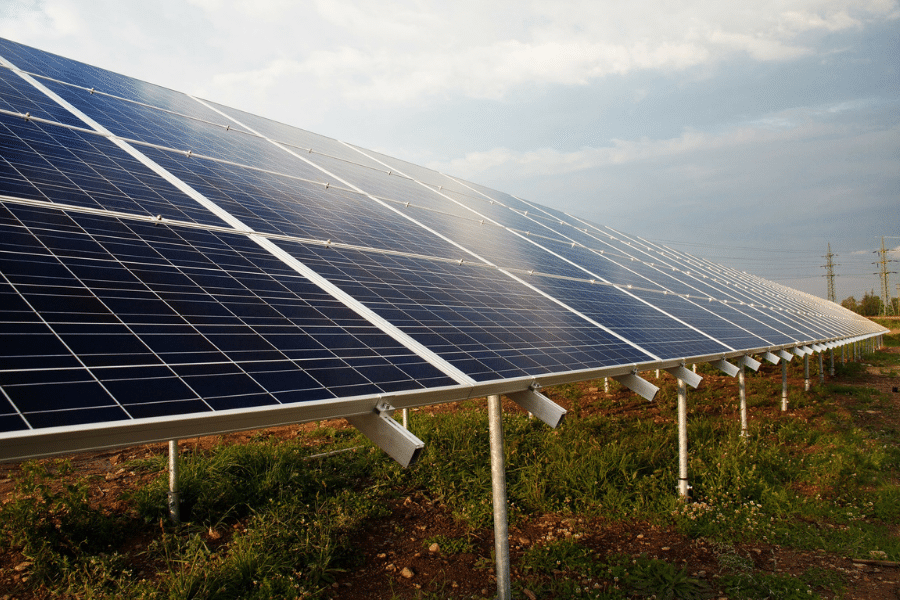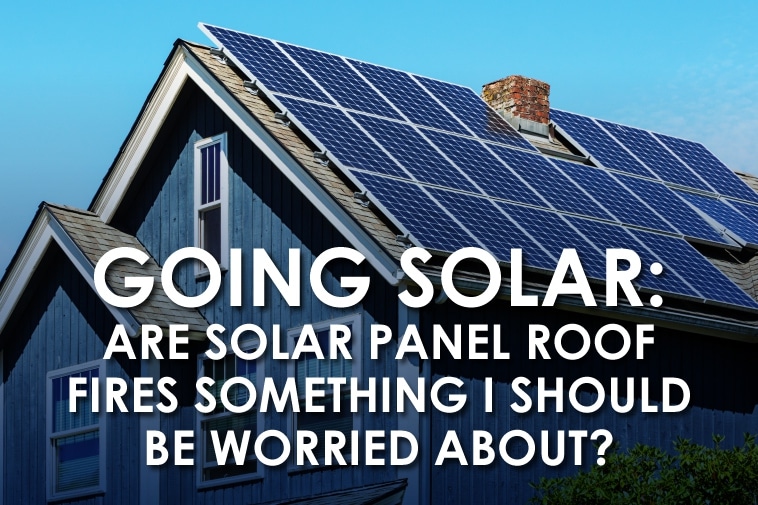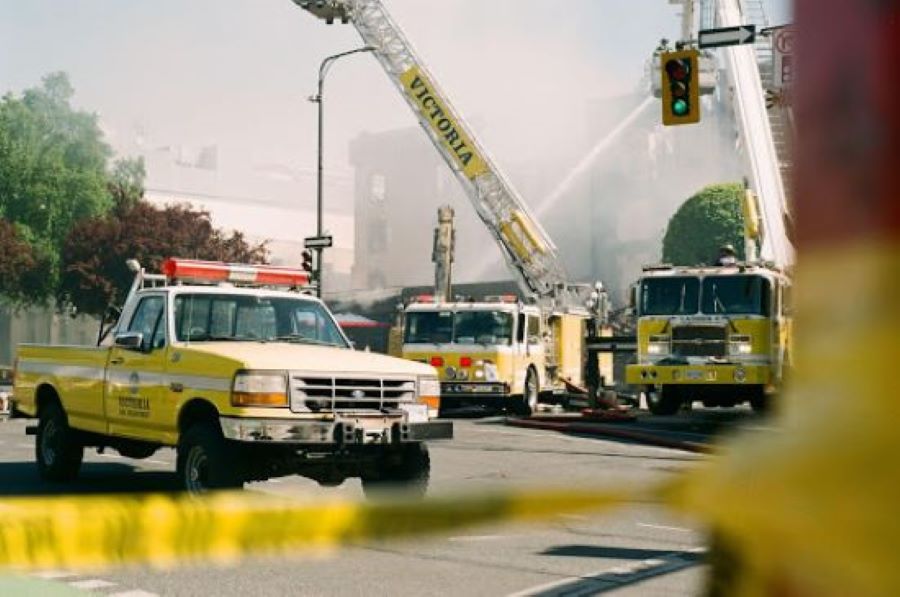Understanding Bushfires and their Effect on Solar Output
With bushfires currently spreading over much of Australia, many homeowners are finding themselves with questions that they’ve never encountered...

Whether solar panels lose efficiency can be partially affected by the way the panels are treated. But that’s not the only thing that could cause a lack of efficiency. The best thing you can do for your solar panels is gain knowledge about what problems to look for, so you can catch issues early. You may not be able to reverse problems, but you can stop more from happening and reduce the effects of them to increase efficiency. Don’t settle for solar panels that aren’t going to give you what you want, when you can have something far better than that by caring for your panels the right way, from the very beginning.
The location and placement of solar system panels can make a big difference in whether they’re efficient or not. Even a system that looks like it’s in the sun all the time might not be as efficient as it could be. Part of that comes from the angle of the sun, which is different during various times of the year. But another reason for a lack of efficiency is damage that can happen to the panels over time. That can lead to a slow loss of efficiency, which might not be noticed right away. Then once it’s gotten bad enough, it’s seen as a problem and there isn’t anything that can be done about it. It’s better to catch it earlier.
Extreme weather conditions like hail and cyclones can certainly do harm to solar panels. The same is true with severe dust storms and other kinds of weather that’s outside the normal and expected things like rainfall and sunshine. While most typical types of storms won’t cause a big problem, it’s important to check solar systems after any major storm or weather event. That can help you catch problems quickly, and make any needed adjustments to the solar system so you can keep it working at the highest possible level for the long term.
One issue that can reduce efficiency is Potential Induced Degradation, or PID. This can be caused by heat, voltage, and humidity. Because most solar systems are exposed to a combination of these, that combination can take its toll over time. Fortunately, most solar system models don’t have this problem. It’s important to buy a make and model that’s not known for having this issue, to reduce the chances of experiencing it. Another degradation issue, Light Induced Degradation (LID), occurs in the first days after system installation, when a system degrades based on its exposure to sunlight. It’s rare, but important to watch out for.
When delamination occurs, the glass on the front and plastic on the back of a solar panel separate. That means moisture and air can get inside the panel and start to corrode and damage it. This can happen when the plastic and glass aren’t perfectly clean or properly bonded, and often creates an imminent failure in the panels. When it’s noticed, it should be handled right away. By taking good care of your system and watching out for problems, it can provide you with energy for a long time to come.
With bushfires currently spreading over much of Australia, many homeowners are finding themselves with questions that they’ve never encountered...

Are you worried about solar panel roof fires? Solar panel fires often hit the news, not only because they’re frightening, but also because they’re...

Australia has a love affair with solar. It’s akin to Australia’s love affair with the sun generally. After all, we’re the land of sun, sea, and sand....